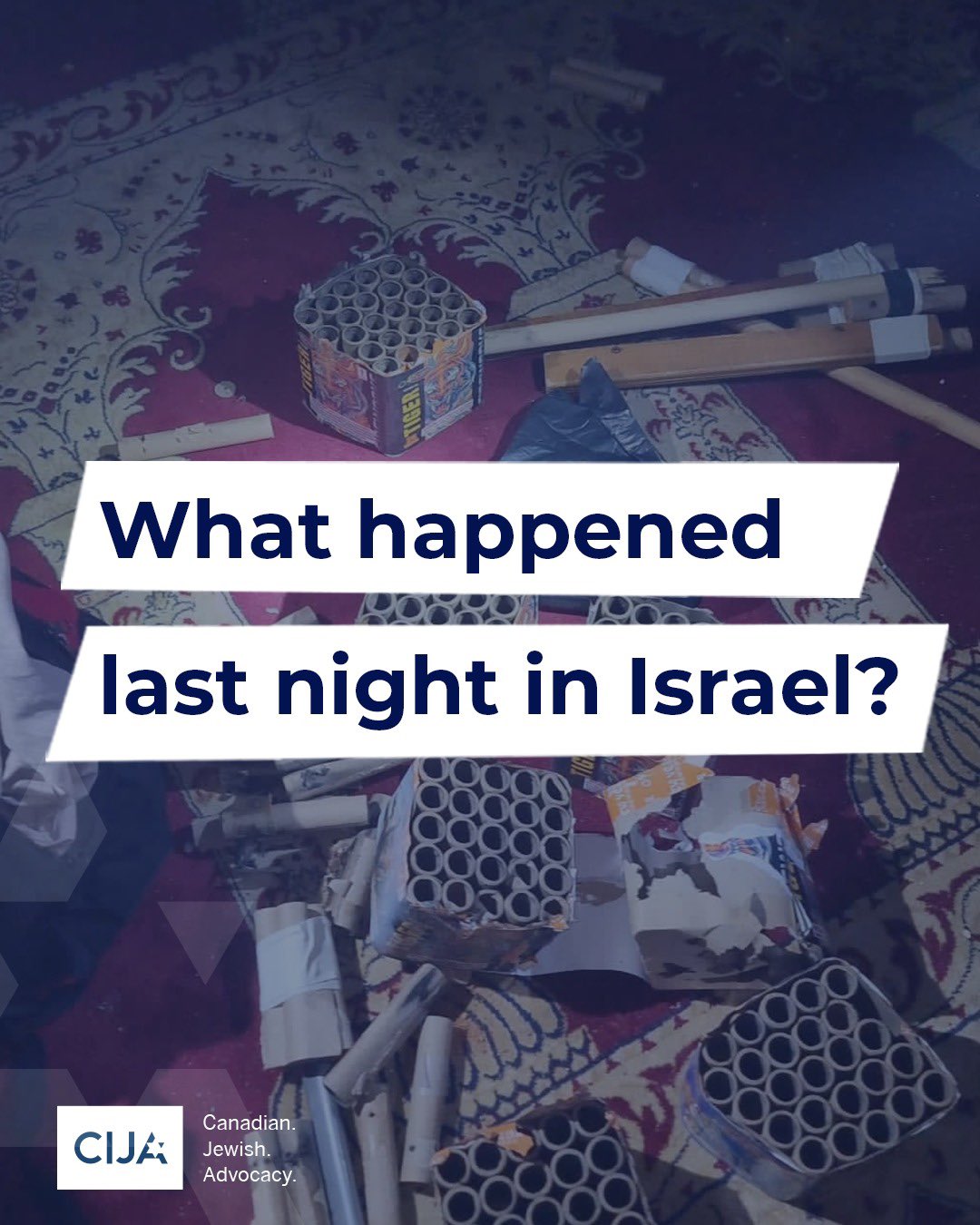Here is the text of an 1883 newspaper article about a blood libel in Hungary at the time
THE PASSOVER MURDER.
Vienna, Austria, Aug. 13.—On the 3d day of August the Hungarian Jews who had been under trial on the charge of having killed a young Christian girl for the purpose of mixing her blood with the Passover bread were acquitted. The full text of the conclusion of the trial and of the judgment rendered by the public prosecution is now before me. The prosecutor frankly admitted that the prosecution had never any foundation for their charges, outside of prejudice and ignorant superstition.
T'he circumstances of this case may be summarized as follows: Early in the month of March, lt042, a young girl named Esther Solymosi, in the service of a woman living near Tisza Eslaz, in Hungary, was sent by her mistress to the town to make some purchases, and went, but never returned. As excitement and inquiry grew concerning her dis-appearance, the story began to be circulated that the JEWS HAD KILLED THE GIRL to use her blood for ritual purposes. Samuel Scharf, a child of 5 years old, the son of the Jewish butcher, was induced by liberal gifts of candy to say that his father had called the girl into the synagogue and cut her throat. The child stated that his elder brother, Moritz, a boy of 15, had held the girls' hand while his father killed her. Moritz, however, denied all knowledge of the murder, but the next day, being examined by the police, said that his father and some other Jews killed the girl, and that he had seen the whole affair through the key-hole. Thereupon, the elder Scharf, and ten or twelve other Jews, were seized and thrown into prison.
In June, 1882, a body was found in the River Thetas, dressed in the lost girl's clothes. No marks of violence were visible upon It, and this should have settled the matter and released the Jews, but public feeling was. very strong against them, and few would believe that it was the missing Esther. The body was much disfigured from long immersion in the water, the girl 'a mother refused to recognize it, the village doctor declared it to be the body of a woman of 20, and the story was circulated that the Jews had dressed another body in Esther's clothes, to turn aside suspicion from themselves.
The suspected Jews were kept in prison, and subjected to every species of indignity until June 20, l883, when their trial began, at Nyireghyaza, Hungary. It ended, as has been stated Aug. 3, in the acquittal of the accused parties. Not that there was no evidence against them, there was, on the contrary, an enormous mass of it, but it was almost wholly unworthy of belief. The only motive for the alleged crime was that the blood was wanted to mix with the Passover bread., but as no evidence whatever could be given to show this to be a custom of the Jews, it was soon dropped by the court, and the public prosecutor dismissed it with a mere allusion from his final charge.
The story of the boy Moritz, completely broke down under cross-examination, although he had evidently learned it well, and repeated it as accurately as a parrot. In more than one detail the boy contradicted himself, and by actual test it was found that through the keyhole he could not have seen nearly all the movements that he described, even had they been going on within. Moreover, the Judge would not admit the boy to oath, not merely on account of his youth, but also because of his evident LACK OF MORAL PRINCIPLE, as shown in his abjuring his religion, and the hatred be manifested toward his parents The magistrate who conducted the preliminary Inquiry last year, who seemed to have been the principal agency in giving currency to the charge, and who no doubt instructed the boy Moritz to in the lesson he repeated in court, was found to have been a convict, and to have spent twelve years In an Austrian prison for a murder. His evidence, which was brought forward to strengthen that of Moritz, was thrown out by the court. The raftsmen who had testified that they had taken another body in Esther's clothes from a Jewish woman, and sunk it in the river, afterward confessed that it was false, and they were indicted for perjury. .
Indeed the amount of false swearing and lying by witnesses un both sides, was one of the most remarkable features of the trial, and raises the question whether men and women, in a certain stage of superstition, know when they are telling the truth. As the prosecution was forced to the admission that it had literally no reliable evidence, it had nothing to do but to let the prisoners go. So they were fully acquitted, and after being kept in prison over a year, on a base and groundless charge, and while there subjected to cruelties and insults without number, and kept under trial for thirty-three days, were dismissed with the kind injunction to harbor no bitter feeling against it Christian fellow subjects. If they can obey this injunction they will prove themselves far better followers of the meek-Nazarene than those who bear his name.

 Elder of Ziyon
Elder of Ziyon







































